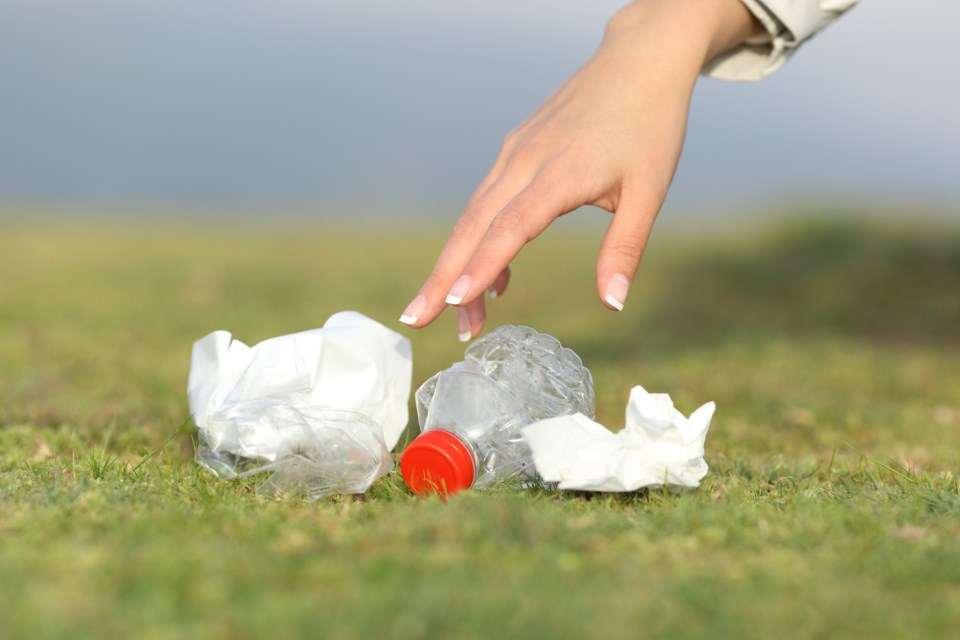BarrieToday welcomes letters to the editor at [email protected] or via the website. Please include your full name, daytime phone number and address (for verification of authorship, not publication).
On Sunday, Oct. 15, the Barrie Garden Club ventured out on a dark, dreary, and drizzly day to pick up litter along Highway 26 close to Wilson Avenue.
As I was picking up all kinds of litter — such as licence plates, chairs, discarded clothing, plastic bags, lots of cigarette butts, and a myriad of discarded coffee containers — I began to reflect on all the problems triggered by litter.
Here in Canada, we are very lucky to have an organized system where most municipalities and cities make sure there are regular pick-ups for your garbage, compost and recyclables.
So it boggles my mind why so many Canadians do not use the readily provided containers, but instead treat Mother Earth like a gigantic garbage bin.
I simply cannot understand when someone buys a cup of coffee, they then go for a long hike, they manage to carry the cup full of coffee, but the minute it’s empty, they simply cannot manage to carry it back home and place it in recycling.
I started to think about what I’ve observed in other countries in Europe. When travelling through rural areas in Norway, I never saw a farm with rusty discarded farm equipment or any kind of litter. The citizens obviously are very proud of their country and they want it to be as ecologically healthy, and as wow-inspiring as possible.
Not only is litter extremely unsightly, but unfortunately, it has a very damaging impact on the ecological health of flora and fauna. When cigarette butts are discarded, wildlife may eat the filters and die from poisoning. Chemicals from the filter may leach into the soil and prevent plants from getting nutrients needed to survive and thrive.
Most people may not realize that plastic bags carelessly thrown out of the window of a car can actually end up killing aquatic life in the ocean. You might wonder how is that possible? Plastic shopping bags are light and they will blow here and there in the wind. Many of them will end up in lakes and rivers. And, all rivers eventually drain into the ocean.
Since plastic bags may take up to 1,000 years to decompose, plastic bags irresponsibly discarded anywhere in a few years could end up in the ocean. So any marine animals, like a dolphin or a seabird, that ingest this plastic will probably die an agonizing death.
Microplastics are created as plastic waste breaks down into smaller and smaller pieces over time. Microplastics today are found from the Arctic to the Antarctic, and in the deepest part of the ocean.
In 239 clean-ups spanning 42 countries and six continents completed by the Break Free From Plastic movement discovered that Coca-Cola, PepsiCo and Nestle’s were the most frequent companies identified with plastic litter in the oceans.
The global co-ordinator from Break Free From Plastic, Von Hernandez, stated: “By continuing to churn out problematic and unrecyclable throwaway plastic packaging for their products, these companies are guilty of trashing the planet on a massive scale.”
In a study from the Netherlands in 2023, they found microplastics in the samples of blood. Medical experts have no idea what kind of havoc these microplastics will have on our health and what kind of unknown ailments they might trigger.
If all levels of government started to fill the airwaves with ads highlighting the very alarming consequences of reckless littering, it hopefully will convince people to think twice and do the right thing.
Gwen Petreman
Barrie



